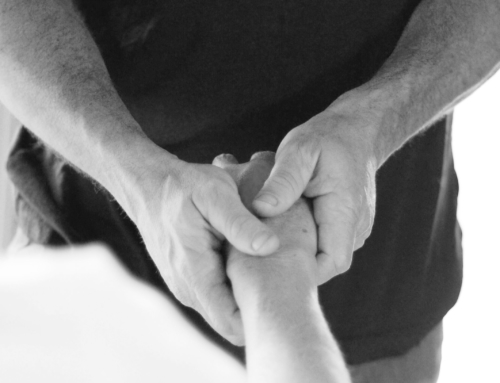Yesterday, upon checking in with a client after her session the day prior, I received a valuable invitation. The client thanked me for the session and gently informed me that she felt the session wasn’t worth what she had paid for it. Gracefully, the exchange was via text, which bought me some time to sift my reactions. After consideration, I decided to ask her what she felt the session WAS worth. The client matter-of-factly offered an amount a little more than half of my fee. Mind you, this wasn’t an inquiry about a sliding scale, she hadn’t requested a reduction in fee, which we gladly provide where needed. It was about value. I refunded her half of the difference and wished her well. It was fascinating… and humbling, an experience I am coming to value and which appeals to me.
I know I can’t be all things to all people… in fact being one thing to all people isn’t even possible. But what was I to this person that made her feel disappointed? Looking deeper, I had to explore the context. The client had read good about me online and she wanted a “healing.” Through the course of the session’s work, which was formidable, I must tell you, I concluded that she was expressing a physical pattern, a gathering toward the midline, toward the spine, which seemed a holding-it-together response to earlier fragmentation. I had worked very hard on the pattern to shift it structurally; I had felt good about the work. Why did it matter to me that she didn’t feel she got what she came for? Was that my responsibility to provide? Was I insecure about my work?
Then I saw where I had failed; I had allowed her to continue with a belief that it was my responsibility to make the healing happen. Whatever healing she felt was supposed to occur didn’t, and that was going to be my failure. Sifting this jogged my memories from conversations with people who had had healing experiences with me. In all the cases of which I was aware, healing had largely been an experience that clients had set up unconsciously, following the track toward resolution, prepared whatever ground was required, opening for the change and allowed the opening to happen. Sometimes it was a conscious event, but often some pieces were unconscious. The less conscious of the process the client was, the more it looked like I was the healer.
My actual role was to stay present with them and follow where my intuition led. Often I was conscious that I was wearing a projection my client generated to support the healing experience, only because it seemed to be part of the stage set. If I were to disabuse them of that image, own my limitations, would it serve them? That was their business; the whole thing was.
So, checking in with my client about her experience is a great idea; however, if she is disappointed with the results, should I blame myself? It depends on the nature of the condition of my client, the nature of treatment, and the expectations. To expect to be provided a healing is to miss how healing happens. It’s my responsibility to handle her disappointment, but not to relieve her of it. That refund was money well-spent, in view of the learning.




